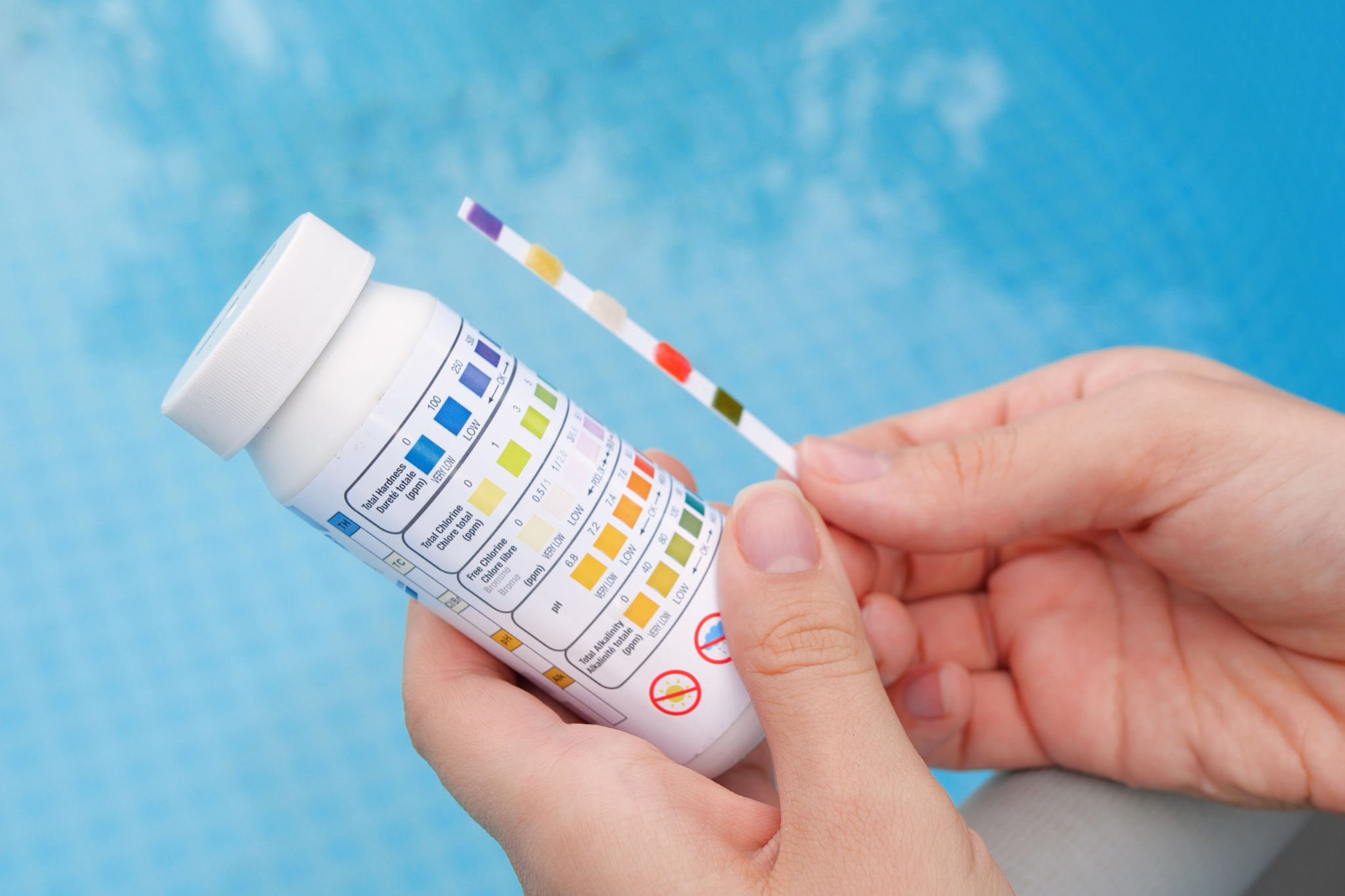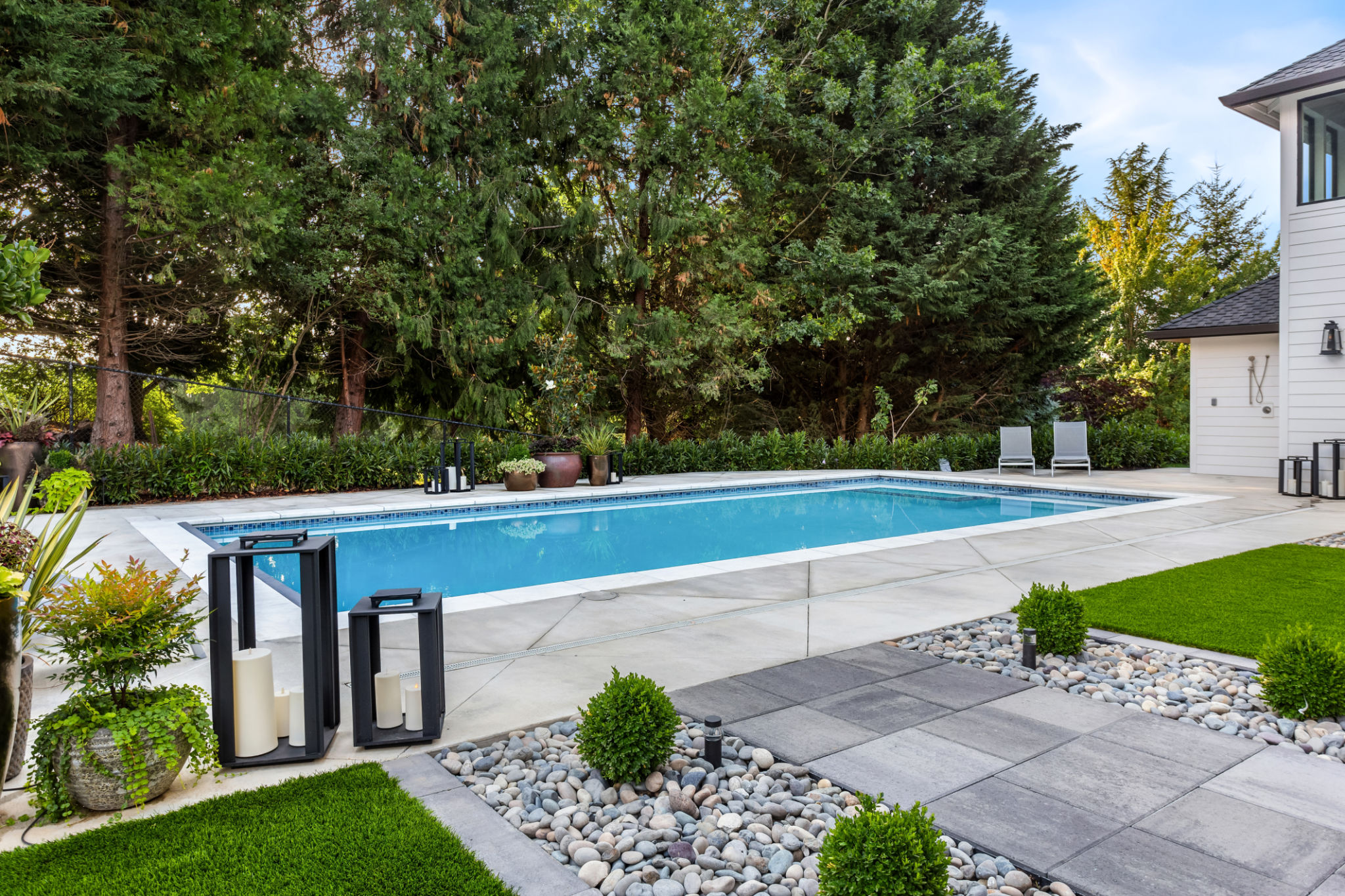DIY Pool Cleaning: Essential Tools and Techniques for Nevada Homeowners
TS
Understanding the Basics of Pool Cleaning
For Nevada homeowners, maintaining a pristine swimming pool is a top priority, especially given the state's warm climate. Regular pool cleaning not only ensures a safe swimming environment but also extends the life of your pool. Whether you're a new pool owner or looking to refine your cleaning routine, understanding the essential tools and techniques is crucial.
To start, it's important to establish a consistent cleaning schedule. Ideally, pools should be cleaned at least once a week to prevent the accumulation of debris and algae. This routine maintenance can significantly reduce the risk of costly repairs down the line.

Essential Tools for Pool Maintenance
Pool Skimmer
The pool skimmer is your frontline defense against debris. Skimming your pool daily helps remove leaves, bugs, and other debris before they sink and cause stains or imbalances in the water chemistry. A telescopic pole can extend your reach, making it easier to cover the entire pool surface.
Pool Brush
A high-quality pool brush is necessary for scrubbing the walls and floor of your pool, preventing algae buildup. Brush at least once a week, focusing on areas with less circulation such as steps and corners. Choose a brush with nylon bristles for vinyl or fiberglass pools, or stainless steel bristles for concrete pools.

Vacuum Cleaner
Investing in a reliable pool vacuum cleaner can save you time and effort. Manual vacuums are cost-effective and easy to use, while robotic vacuums offer a hands-free solution with advanced cleaning capabilities. Vacuuming once a week helps remove dirt and small debris that skimming might miss.
Effective Pool Cleaning Techniques
Water Testing and Balancing
Regular water testing is critical to maintaining a healthy pool environment. Test your pool water's pH, chlorine, and alkalinity levels at least once a week. Keeping these levels balanced prevents skin irritation, equipment damage, and algae growth.
- pH Level: Should be between 7.2 and 7.8.
- Chlorine Level: Ideal range is 1-3 ppm (parts per million).
- Alkalinity: Maintain between 80-120 ppm.

Shock Treatment
Shocking your pool involves adding a high dose of chlorine to eliminate bacteria and contaminants. This should be done every two weeks or after heavy use or rainstorms. Be sure to follow the manufacturer's instructions for shock products to avoid over-chlorination.
Maintaining Pool Equipment
Regularly inspect your pool equipment, including pumps, filters, and heaters, to ensure they are in good working condition. Clean your pool filter according to its type—whether it's sand, cartridge, or diatomaceous earth (DE)—to maintain efficient water circulation and filtration.
By investing time in understanding and applying these essential tools and techniques, Nevada homeowners can enjoy a clean and inviting pool throughout the swimming season. Consistent maintenance not only keeps your pool looking its best but also ensures a safe and enjoyable swimming experience for all.
